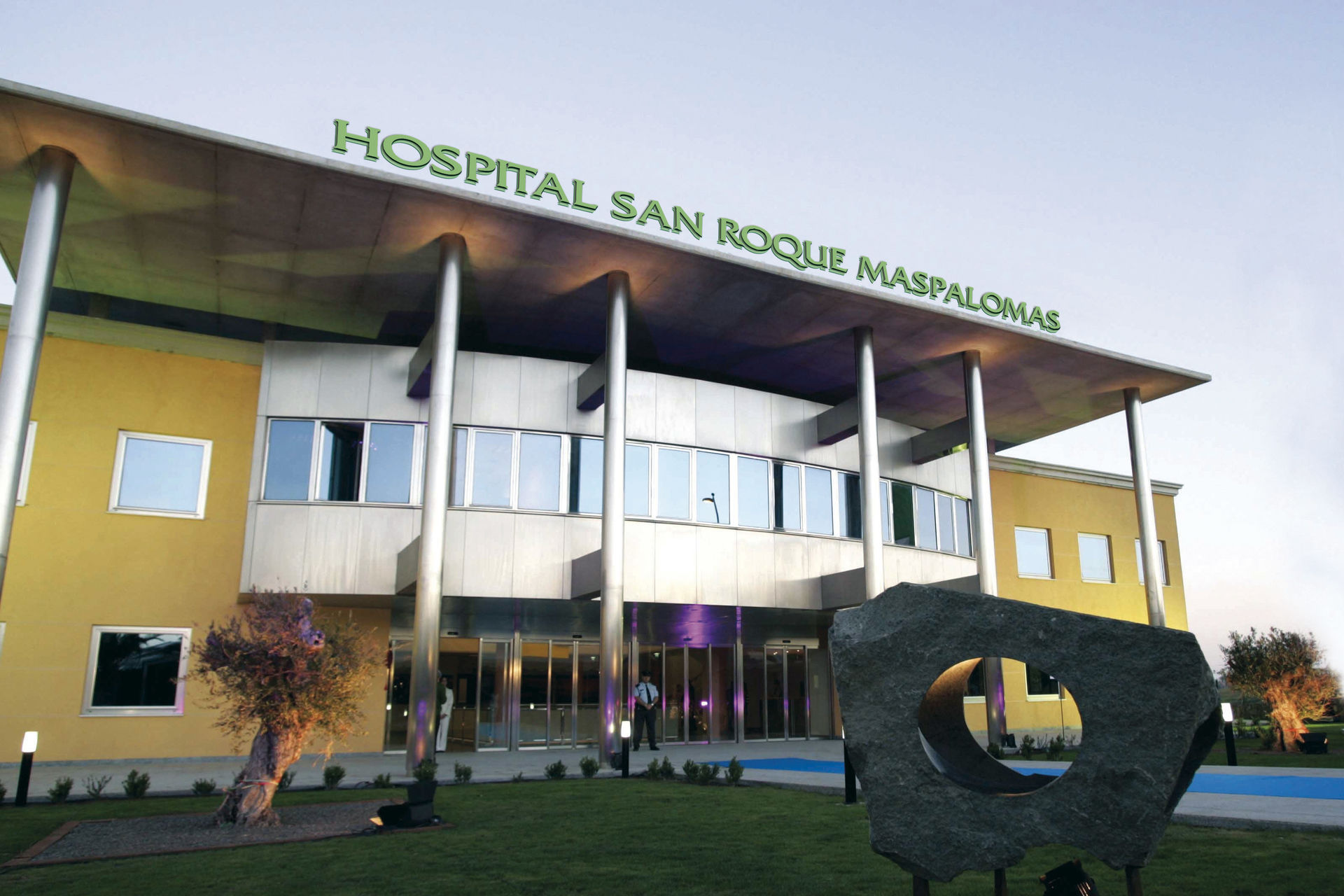Medical Specialties
Your health is covered at every stage
Infectious diseases
Infectious disease is the clinical manifestation of an infection caused by a micro-organism (bacteria, fungus, virus, protozoan or prion). When the pathogenic biological agents involved are macroscopic in size, it is called infestation.
Infectious diseases are classified as communicable and non-communicable. The first can spread directly from the infected individual through the skin, membranes and mucus, or, indirectly, through the air or through food. Non-communicable diseases are not transmitted by infected individuals and require special environmental or accidental circumstances in order to be transmitted.
According to the WHO, infectious disease cause over 13 million deaths a year, and in fact some infectious diseases ─such as tuberculosis, polio and diphtheria─ are reappearing as epidemics in Europe and other industrialized countries.
Moreover, many diseases that were previously considered unrelated to infectious diseases, are now known to be the result of chronic infections, such is the case, for instance, of cervical cancer, which is linked to human papilloma virus infection; or liver cancer, which is associated with hepatitis B and C.
At Hospitales Universitarios San Roque in Maspalomas, we are implementing a new service specially dedicated to infectious disease, where we will look after patients suffering from acute or sub-acute fever, sexually transmitted diseases (STD's), tropical diseases, musculoskeletal infections and diabetic foot disease.
As for the people planning to travel abroad, particularly to areas where there is any sort of health risk, we also provide medical care depending on the geographic area of destination and the duration of your stay, keeping track of your medical history, providing general recommendations for the trip, treatments, required vaccinations and check ups for patients upon their return.
